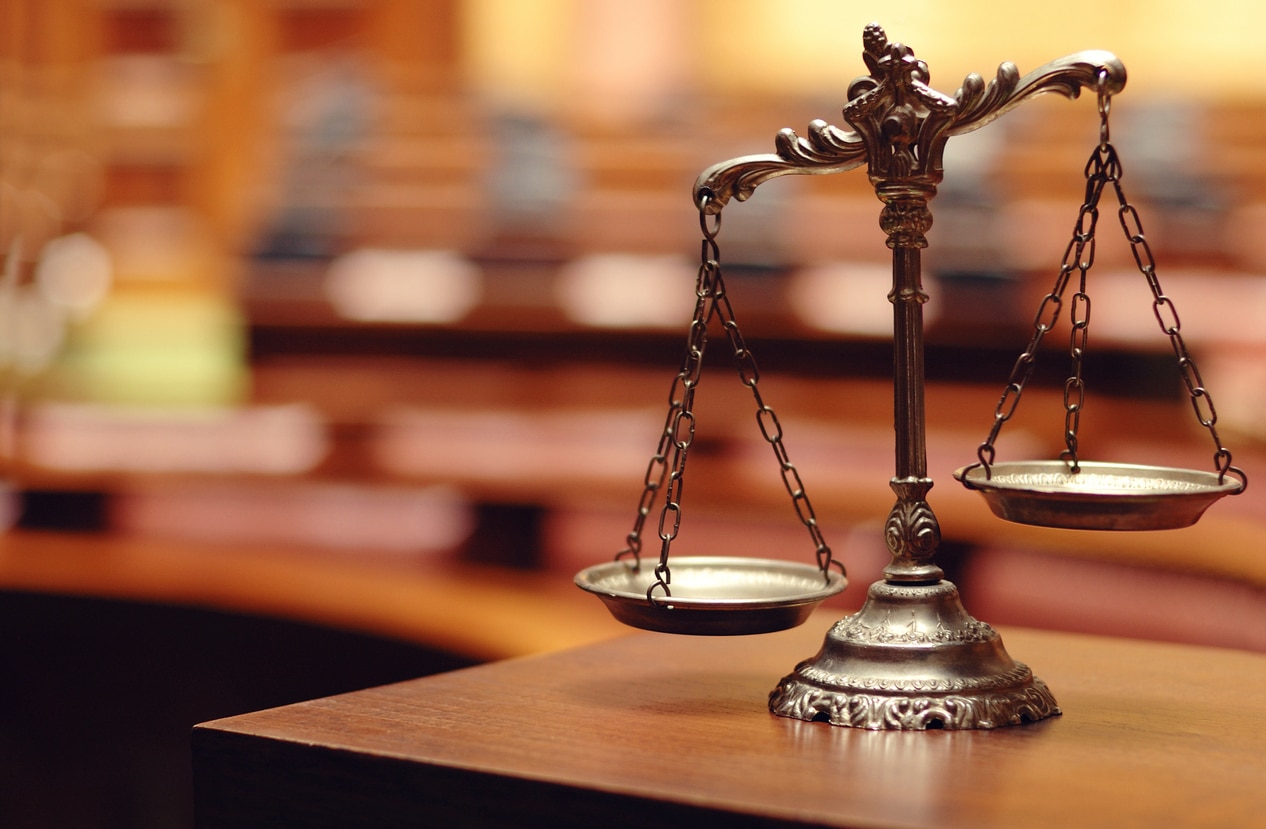If you give evidence at a hearing, your evidence is taken as true (in most cases) if HMRC do not challenge you. Therefore, HMRC will take you through the parts in your evidence/witness statement that they do not accept and, if they have evidence that they believe counters what you are saying, they must put that to you.
The same applies to you. If you do not agree with HMRC’s decision or evidence, you must say to the Officer giving evidence why you think he or she is wrong.
This is slightly complicated by the fact that in some cases, it is HMRC’s job to prove they are correct. This applies to cases where fraud or deliberately filing incorrect tax returns is alleged. HMRC must challenge your evidence, or the Tribunal will accept you are being truthful.
In most cases, where HMRC simply raise an assessment for underdeclared tax, it is your job to prove they are wrong. It may seem odd, but that is the law. The obligation is, therefore, on you to cross-examine the HMRC witnesses.
There is not enough time to explain the finer details of being cross-examined and how to cross-examine HMRC witnesses but please feel to call us if you have questions. Certainly, where we are instructed, we ensure that we cross-examine HMRC witnesses forensically and prepare you fully for the questions you will receive.

